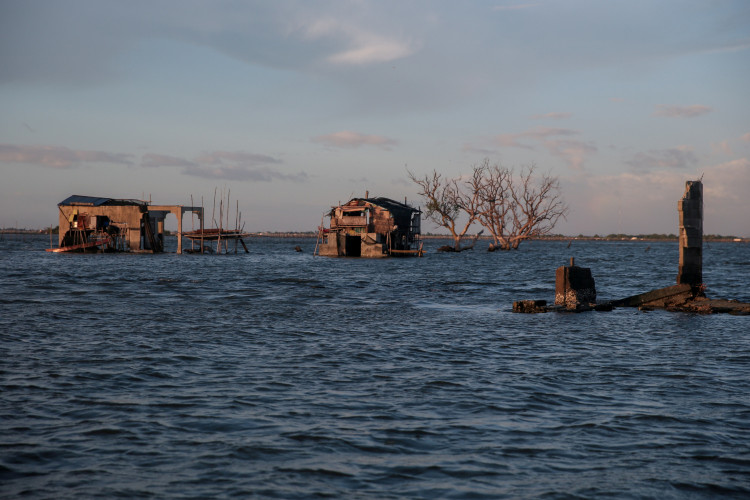A study says Southeast Asia is most vulnerable to rising sea levels unless world emissions are reduced.
According to the study, 157 million people in tropical Asia now live in locations below 2 meters above sea level, where the effects are expected to be severe. This figure would skyrocket if sea levels rise as predicted in the coming decades.
In low-lying countries prone to sea-level rise and with terrain prone to sinking owing to subsidence, such as the Philippines, Indonesia, Vietnam and Thailand, this means that more people will endure annual extreme sea-level events that are becoming increasingly severe as a result of climate change.
Previous coastal flood risk assessments and estimates have been hampered by a lack of accuracy in satellite radar information used to evaluate land elevation levels.
However, experts from the Dutch research institute Deltares were able to produce the first global elevation model using new satellite Light Detection and Ranging data, producing a more realistic image.
"Most existing elevation models for the region, and indeed globally, were based on radar data which cannot fully penetrate vegetation and therefore yield a land elevation that is often too high by one or several meters," Aljosja Hooijer, the co-author of the report published in the Nature Communications, said.
"If the assumed land elevation is too high, the resulting calculated flood risk is too low," he told CNA.
The tropics are especially vulnerable, with Indonesia having the highest threat of land degradation worldwide, at 62%. According to their forecasts, the threat to the tropics will increase by 10%, putting 72% of the population here at risk, while 59% of the Tropical Asian population would also be at risk.
While the research was inherently uncertain, Hooijer said that for long-term flood avoidance, a greater emphasis should be placed on tropical regions.
Hooijer, a Deltares specialist water resources expert, said that while many experts throughout the world are looking at long-term possibilities, the urgency is now.
"And not just in south-east Asia, it's also for instance in the Niger Delta and Lagos," Hooijuer said.






